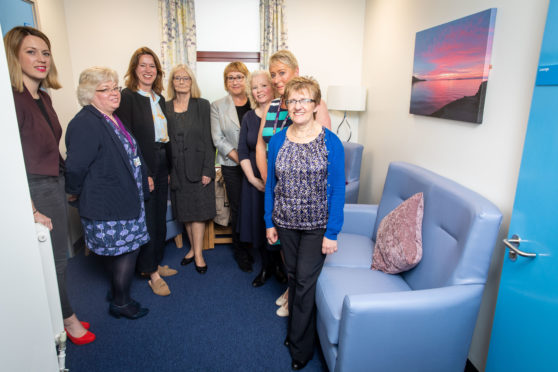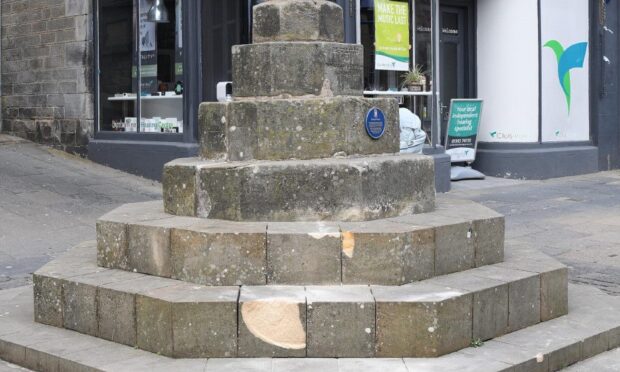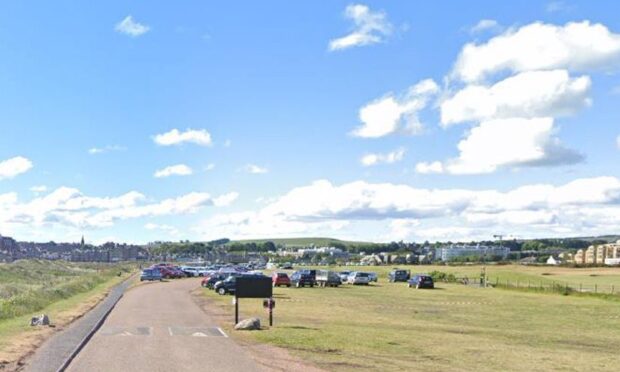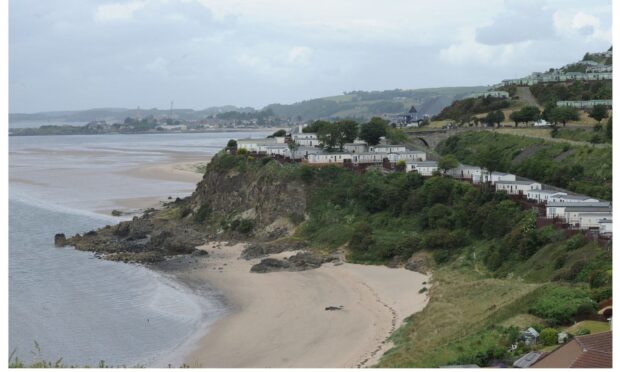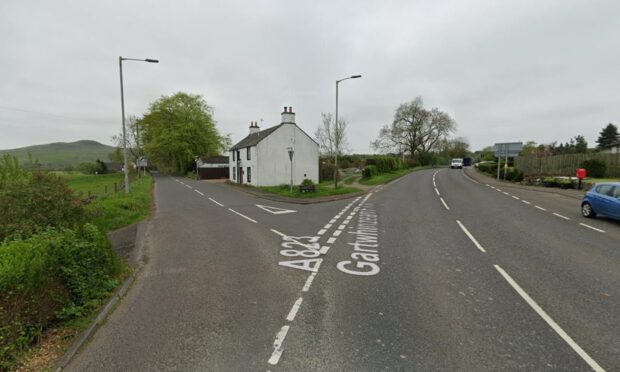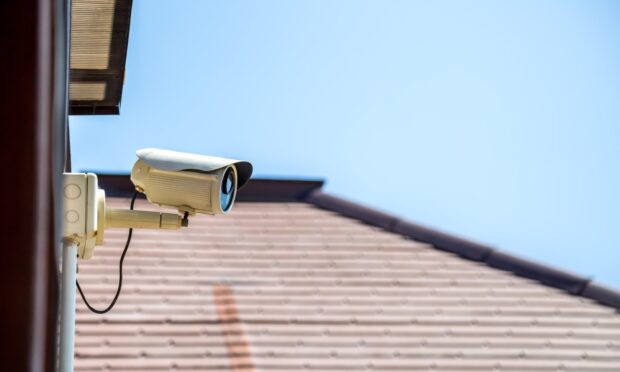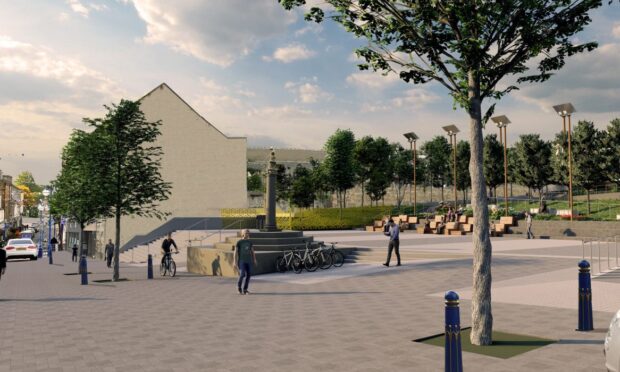A new suite offering healthcare and forensic medical examination services for victims of rape and sexual assault has been formally opened in Fife.
Around 60 forensic medical examinations are carried out each year in the region, with a further 150 people reporting a rape or sexual crime to the police.
The new centre at Dunfermline’s Queen Margaret Hospital has been developed in partnership with the Scottish Government chief medical officer’s taskforce, Fife’s health and social care partnership, NHS Fife, police, third sector agencies and local organisations.
It features three self-contained areas, including a forensic examination room, a sitting room and a consulting room.
Michael Kellet, director of the Fife health and social care partnership, said:“We are continually looking at ways to change how we do things to ensure Fifers get the best health and social care service we can provide.
“Having this new, state-of-the-art healthcare and forensic medical suite will allow those who have gone through the trauma of a rape or sexual assault to be seen in an environment they feel comfortable in, and have access to the services they need.”
Additional staff will be brought in to provide support, including with a new chaperone service.
It will be led by a care coordinator who will work with victims of rape or sexual assault to ensure there is follow-up care and that access to additional services is co-ordinated.
Scotland’s Chief Medical Officer, Dr Catherine Calderwood, attended the opening and said she was “very encouraged” by the attention to detail.
“It is vital that victims of rape or sexual assault are able to access the right support when they need it,” she said.
Jan Swan, from the Fife Rape and Sexual Assault Centre (FRASAC), said the move was a “massive milestone”.
She added: “We have been working to get this in Fife for many years so it is very emotional to see all the hard work paying off.
“Ensuring a consistent approach to the quality of medical and healthcare services will help to improve individual wellbeing, reduce the likelihood of further trauma as well as ensuring the timely collection of evidence to support any criminal proceedings.”
